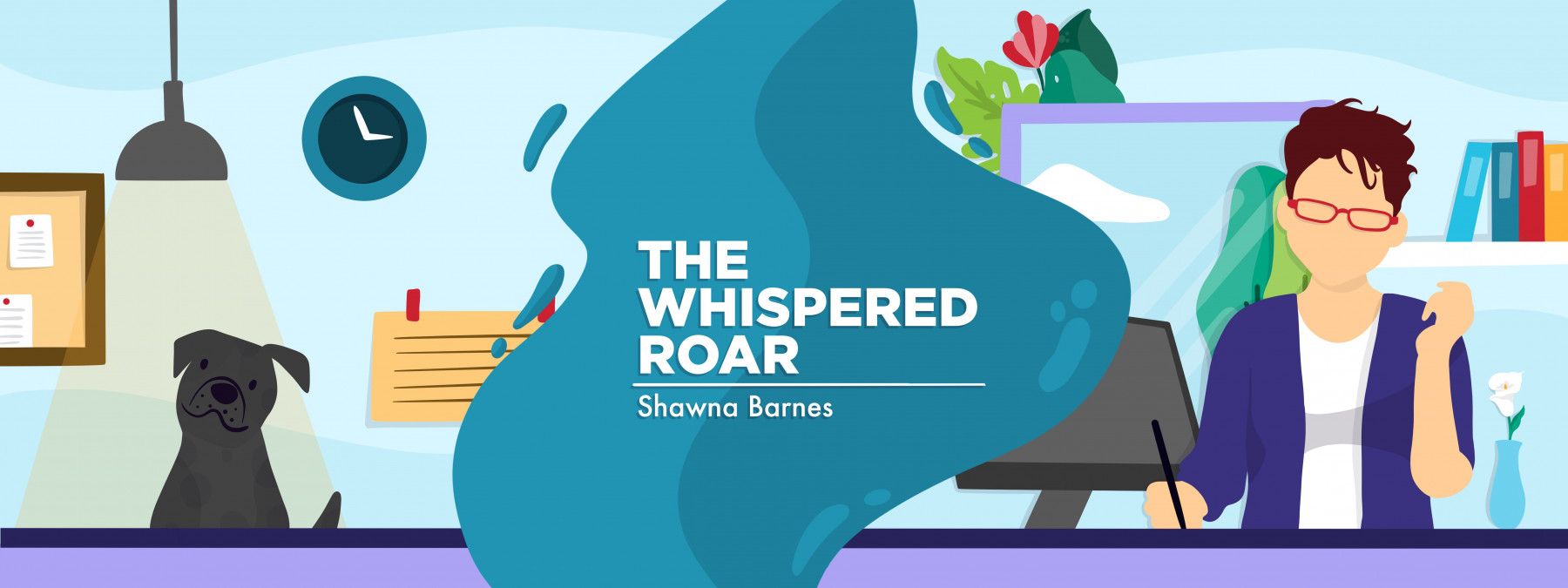Comparing ourselves to others doesn’t make the journey easier
Relationships can be tricky when discussing chronic illness and disability
Written by |

“Disabled.” It’s a word with many meanings that trigger a gamut of feelings.
Myasthenia gravis (MG) is considered a rare and disabling disease. It qualifies those of us who have it to collect disability benefits. (The ease of collecting these benefits is an entirely different topic that I’ll not delve into today.)
To have MG makes one disabled, using the basic definition of the word. According to Merriam-Webster, dis = not, and able = “having sufficient power, skill, or resources to do something.” A person with MG is unable to do certain things as a result of having this disease.
I’ve heard some people say they are “differently abled.” I used to say that, too, because I didn’t want to believe I was disabled. But in my opinion, there is power in accepting and owning the definition of the word “disabled.”
I wouldn’t say that I’m proud to call myself disabled, but I’m not afraid to, either. It’s a word, a descriptor, an adjective. It’s a way to explain my capabilities on any given day, just as the term “website designer” explains my capabilities.
Terminology and mindset
Have you ever been surrounded by people you thought would understand and accept your disabilities, only to be dismissed? I have, and it made me feel odd.
When my MG journey started, I was used to being dismissed and even gaslit by some members of the medical community. I’d grown accustomed to being overlooked by able-bodied people because of my disabilities. But I’d never before been dismissed by others in the disabled community.
I wish I could simply reframe my mindset, but for some reason, I find myself replaying interactions with people I never thought would be dismissive of me. Yet why is it bothering me so much?
I wish I could figure that out in order to reframe my mindset. I hate giving negativity free rent in my head.
But it has me thinking about all the ways that we categorize ourselves. We put ourselves in boxes and look for people with common ground so that we can relate to one another.
For example, something I often see on social media is the butting of heads between people who were born with a disabling condition and those who’ve acquired one later in life. I’ve seen folks on both sides argue that they “have it worse.”
That’s “comparisonitis,” a thief of joy. “My pain is worse than yours.” “My MG is worse than yours.” “I’m more of a burden on society than you are.”
I tell my son all the time that his pain and other lived experiences are just as valid as mine are. They’re just different. Our reactions to our lived experiences are different. And how we handle the results are different. But different doesn’t make any of them better or worse — they’re just different.
I wish we could all accept that someone doesn’t necessarily have it worse than someone else. I wish we could take things that are said at face value. I long for a utopia of acceptance that doesn’t yet exist.
On my journey to living my best life, I will continue to be the change I wish to see — or at least I’ll try. Having myasthenia gravis is hard enough without the added stress of something we have no control over.
Note: Myasthenia Gravis News is strictly a news and information website about the disease. It does not provide medical advice, diagnosis, or treatment. This content is not intended to be a substitute for professional medical advice, diagnosis, or treatment. Always seek the advice of your physician or other qualified health provider with any questions you may have regarding a medical condition. Never disregard professional medical advice or delay in seeking it because of something you have read on this website. The opinions expressed in this column are not those of Myasthenia Gravis News or its parent company, Bionews, and are intended to spark discussion about issues pertaining to myasthenia gravis.







Leave a comment
Fill in the required fields to post. Your email address will not be published.